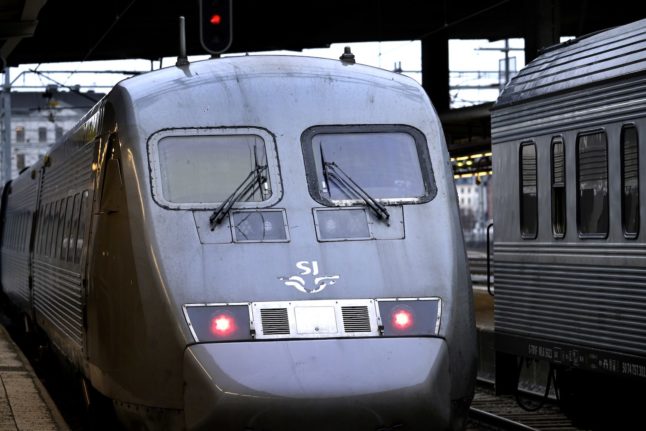This is the second stage of summer tickets to be released, covering dates from June 17th to September 1st. The first batch of tickets was released two weeks ago, for journeys between June 4th and June 16th.
The train company is also launching a new booking system which, it says in a press release, will be “a modern system better suited to the digitalisation process of the company as a whole”.
Tickets for journeys due to take place between now and June 3rd are still being sold via the old system, but new bookings will soon transition over to the new system.
“The system that travellers will come into contact with is for the most part the same, and appearance-wise there will be no surprises,” the company wrote in a press release.
“In cases where functions have changed or been moved, there will be clear instructions, and SJ’s customer service is available if there are any questions,” it wrote.
The new system, which is owned by Dutch company Squills, will enable “better communication in the case of delays”, as well as improved digital tickets and receipts. It is currently used by other major European train companies like French SNCF and the Eurostar.



 Please whitelist us to continue reading.
Please whitelist us to continue reading.
Member comments